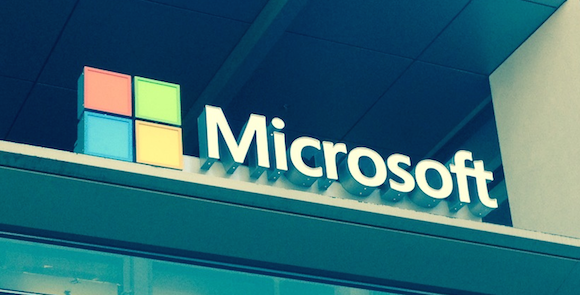Protecting Yourself from an Exchange Online Outage
Earlier this week, Microsoft Exchange Online was down for part of the day in an unplanned outage. Exchange Online was down for 9 hours!
My response? It happens. Sure, I expect the typical comments from readers claiming I’m secretly paid under the table by Redmond for a comment like that. I’ve been called a shill more times than I can count in this business. But let’s look at this from a fair and honest perspective.
First off, all cloud services fail from time to time. It happens. To Amazon. To Google. And to Microsoft. My own personal company, ClipTraining, after years of solid uptime, had an outage last month for part of the day. So it would be somewhat hypocritical of me to slam the hammer on Microsoft for an outage.
Microsoft Exchange Online was down for part of the day on Tuesday, June 24th, 2014, and was restored to full functionality roughly 9 hours after the outage began. (Photo: Jeff James)
Second, as a Microsoft Exchange MVP I’ve seen my share of on-premise Microsoft Exchange outages as well. Granted, at least in those cases you don’t have to just sit back and fold your hands, you can jump in and fix the situation. That’s just a personality issue though when you think about it. Whether you’re down for 9 hours in the cloud with no control — or down for 9 hours on the ground with control — it’s the same 9 hours for end-users either way.
My honest take is that “it happens.” But don’t let that fool you. I don’t like sitting on my hands any more than the next IT admin. Some are actually second-guessing their move to Office 365 at this point, whereas I say that’s a mistake. Instead, why not look at this as a wake-up call to ensure this never, ever happens again?
“Fixing” the Exchange Outage: Products from ENow and Mimecast
Let’s take two aspects of the outage and “fix” them. First off, complaints were made that Microsoft didn’t acknowledge the outage quickly enough. Admins were thinking they had a variety of other issues because the Admin Dashboard for Office 365 wasn’t quick to indicate where the real problem was. Fair enough, Microsoft has to get better at notifying folks of an outage, there is no doubt about it based on this event and I have no doubt that’s something on the schedule for discussion by the product leads.
Mailscape from ENow
But can you take matters into your own hands by looking at third-party monitoring solutions that watch the skies for danger. Mailscape from Enow is a good example of a Hybrid Exchange/Office 365 monitoring and reporting solution that would have let you know there’s a problem.
Mimecast’s High Availability Gateway for Office 365
But could you go one step further and simply prevent that this problem never happens again? I know what you’re thinking: “Bhah… you take such a lackadaisical fantasy position because it didn’t affect you!” You’re right… it didn’t affect me. I use Office 365 for my personal company email and yet it didn’t affect me. Why? Because I use Mimecast’s High Availability and Email Gateway for Office 365.
Essentially, thanks to Mimecast’s solution, I can keep working while offline from Office 365. I have an add-on to Outlook that I usually use for connecting to my online archive with Mimecast. But when my connection to Exchange Online died, even though Outlook registered as working Offline, Mimecast maintained email flow both internally and externally. I had full access to my archive for all email sent and received and ultimately I can keep sending and receiving email in Outlook and all my mobile devices. Once the connection was fixed any duplicates are automatically deleted. Easy peasy!
Hey, I’m not saying you need to make the same decision as I do. I’m saying these kinds of outages will happen. But you don’t have to fold your arms and wait. There is an ecosystem of third-party tools that can help you with regard to awareness through monitoring, or ensure availability and functionality while the rest of your fellow Office 365 users wait 9 hours for a fix. Your end-users will just keep working without a hint of trouble and your phone won’t be ringing with complaints of “why did we switch to Office 365!?”
It happens. It just doesn’t have to happen to you.




